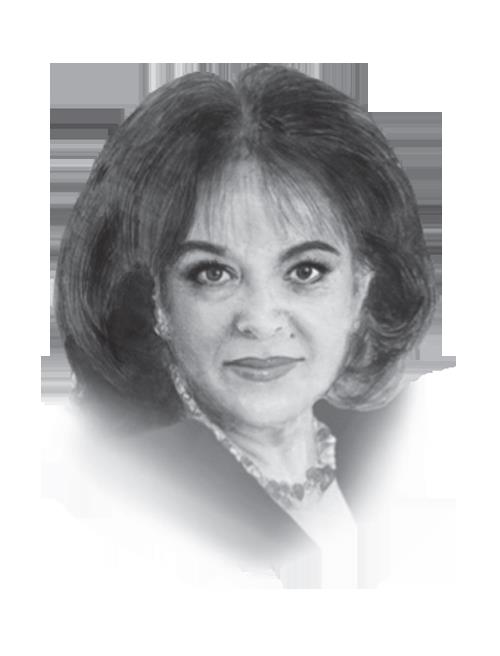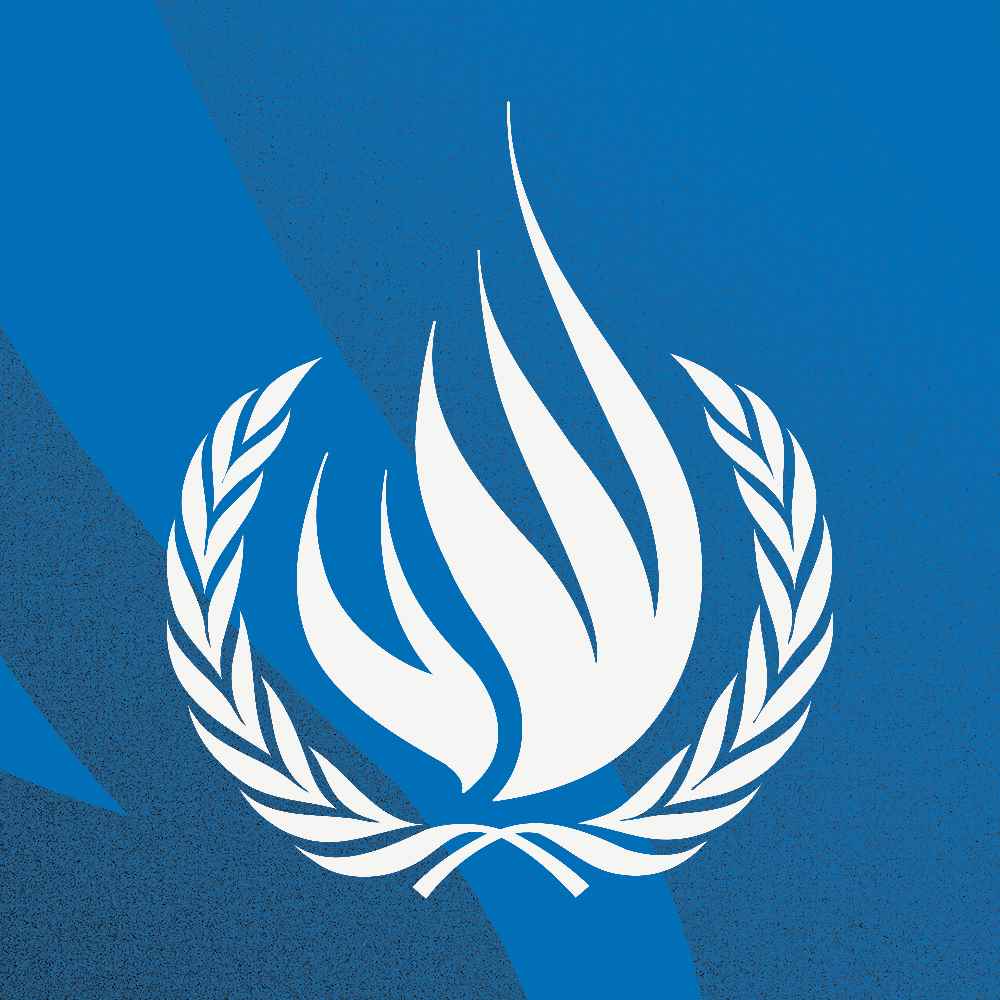
Prominent Iranian opposition figure Mehdi Karroubi called on Tuesday Supreme Leader Ali Khamenei to carry out structural reform in the country “before it is too late”.
Karroubi, who has been under house arrest since 2011, called on Khamenei to “accept responsibility for your policies of the last three decades" instead of blaming others.
In a rare public criticism of the supreme leader, the reformist also accused him of abusing his power.
In an open letter published on a blocked reformist website on Tuesday, he said recent protests over economic conditions were inevitable given the depth of "injustice, corruption and discrimination".
At least 25 people were killed in the unrest that hit dozens of towns and cities over the new year.
Karroubi called on Khamenei to stop blaming foreign "enemies" for the unrest and release those arrested during the protests.
"The system is going downhill to such an extent that it feels endangered by a few thousand people demonstrating," he wrote.
"Instead of repeating accusations of links with the enemy and instead of harsh confrontation, listen to them."
“You have been Iran’s top leader for three decades, but still speak like an opposition,” he continued.
By “opposition”, Karroubi meant that Khamenei should not be wielding ultimate power while criticizing the government of elected President Hassan Rouhani, a pragmatist who wants to liberalize an economy dominated by the elite Revolutionary Guards and other state conglomerates.
“During the last three decades, you have eliminated the main revolutionary forces to implement your own policies, and now you should face the results of that,” Karroubi added.
Karroubi, 80, a Shi’ite cleric like Khamenei, and fellow reformist Mirhossein Mousavi ran for election in 2009 and became figureheads for Iranians who staged mass protests after hardline conservative President Mahmoud Ahmadinejad was returned to power in a vote they believed was rigged. Authorities denied this.
Karroubi, Mousavi and the latter’s wife Zahra Rahnavard have been under house arrest since 2011 without trial, by the direct order of Khamenei.
The Supreme Leader is commander-in-chief of Iran’s armed forces and appoints the heads of the judiciary. Key cabinet ministers are selected with his approval and he has the ultimate say on Iran’s foreign policy and nuclear program.
By comparison, the president wields little power.
Karroubi also criticized Khamenei for letting the Revolutionary Guards take a commanding role in the economy as this “has tarnished the reputation of this revolutionary body and drowned it in massive corruption”.
He said that under Khamenei’s leadership, bodies formed at the beginning of the 1979 Revolution to wipe out poverty had turned into conglomerates that own half of Iran’s wealth without a supervisory organization to question their actions.
More than 10 million Iranians, among 80 million, now live in absolute poverty, Karroubi said quoting official figures.
“Under such conditions, it is natural that the lower classes, who were the grassroot supporters of the Islamic Revolution, will turn into a gunpowder barrel,” Karroubi said.
Khamenei has often accused Rouhani’s government of responsibility for the lack of headway toward reducing high unemployment, inflation and inequality. He has also blamed members of parliament, former presidents and Western powers.
Rouhani, however, was easily re-elected in 2017, suggesting many Iranians still see him as their best hope for improving the economy and easing religious restrictions on society.
Karroubi further said December’s nationwide street protests against “corruption and discrimination” were an alarm bell for the authorities to reform the economic and political system.
Goaded by soaring food prices, the protests - the biggest in Iran since the post-election unrest of 2009 - took on a rare political dimension, with a growing number of people calling on Khamenei himself to step down.
Clashes between protesters and police resulted in 25 deaths, according to official figures.
Karroubi also said that by vetting candidates in elections, Khamenei had reduced parliament to “an obedient assembly” under his thumb and the influence of Revolutionary Guards lobbies.
The Assembly of Experts, a council of elected clerics charged with electing, supervising and even disqualifying the Supreme Leader, has turned into a “ceremonial council that only praises the Leader”, Karroubi added.
Karoubi, an ex-speaker of parliament, has been accused by hardline authorities of being a “seditionist” and “traitor”.
In a public letter to Rouhani in 2016, he asked “the despotic regime” to grant him a public trial so he could hear the indictment against him and defend himself.












